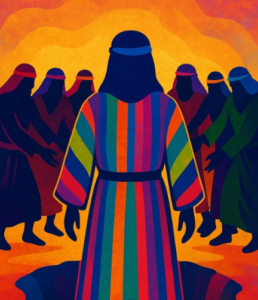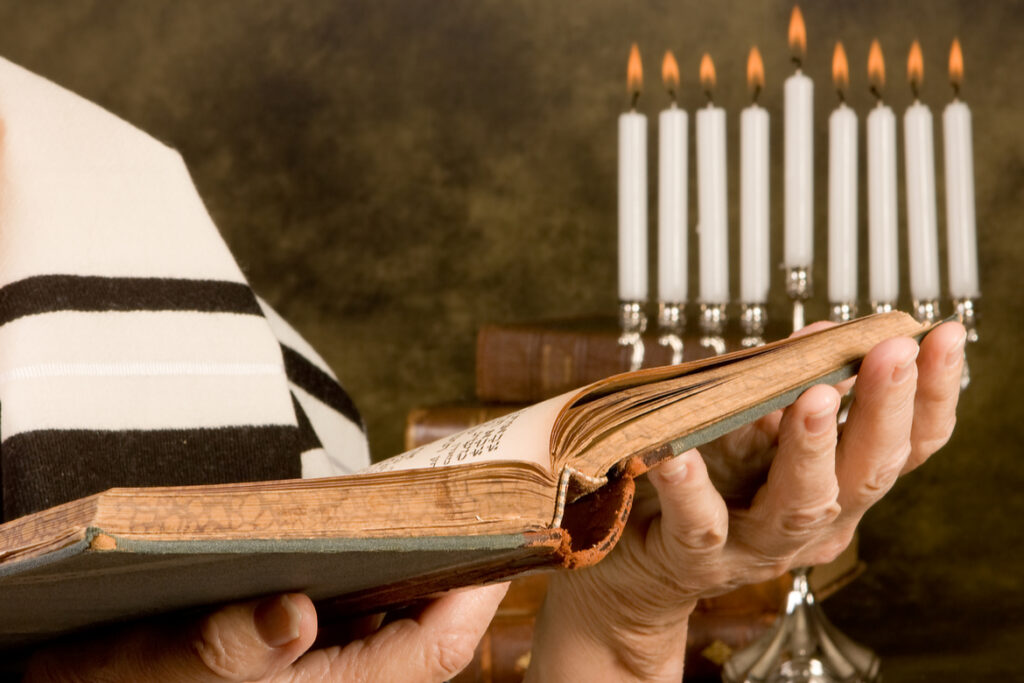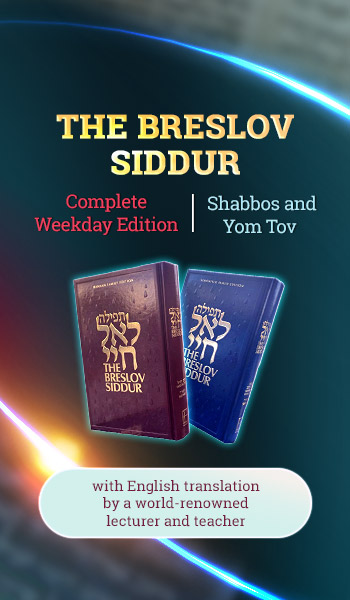United Hebrew(s)
“Israel camped there, opposite the mountain” (Exodus 19:2).
As one person, with one heart (Rashi).
A few weeks ago, I was asked to write something about Rebbe Nachman’s teachings concerning shalom and Jewish unity. As you may recall, there was some sort of turmoil concerning internecine feuding in a city here in the Holy Land. There had been a bit of genuine unpleasantness between fellow Jews that was worsened and blown out of proportion through the unholy alliance of media and politicians (and the politically-motivated). But our Sages teach us to not try to calm someone when he is angry (Avot4:23). When tempers flare, reason is absent. So here we are, now, when our ears and hearts are more receptive. God willing, these words will help.
At the end of his story “The Spider and The Fly” (Rabbi Nachman’s Stories, p. 151), Rebbe Nachman tells us that when the soul of a great tzaddik—him!—comes to this world, Satan protests. “If the tzaddik is allowed to come to the world, I will be unable to do my job! Do not let him be born!” God’s reply is that the tzaddik must be born. Satan must seek a solution to his problem.
The tzaddik must come in order to teach and model for us how life is meant to be lived. If not, we could not know and we would have no chance to choose a proper way of life. On the other hand, as Satan correctly pointed out, the tzaddik would be so successful that he, Satan, could not do his job. There must be free will. That’s the point of living: having and using free will, preferably making right choices! So what is Satan’s solution? He befriends a stooped-over old man: machloket—argument, strife, dissension, politics. And the Satan laughs; he is no longer afraid of the great tzaddik and his teachings.
Let’s think for a moment. Satan goes from pleading and being distraught at the prospect of squaring off against the tzaddik, to laughing and being unconcerned. Why? He has found machloket. The implication is that the tzaddik needs and thrives on shalom. Shalom means more than “peace.” Just as machloket is related to the Hebrew word for “piece” and “fragment,” shalom is related to the words “whole” and “complete.” Everything in Rebbe Nachman’s teachings stresses—and sometimes screams—wholeness: in prayer, in Torah study, in caring and sharing (chessed and tzedakah).*
Too often it is thought that Torah study is meant only for “religious” Jews, those already consciously committed to observing the mitzvot. Not so. Rebbe Nachman wanted every Jew, regardless of commitment or level of scholarship, to have a serious, consistent, regular, daily schedule of Torah study. Why? Because consistent Torah study is so powerful it can break all the bonds by which the yetzer hara (evil inclination) keeps a person away from holiness. Which person? Even the most wicked, and certainly you (Rabbi Nachman’s Wisdom #19).
How can a person develop an interest and a love for Torah that will drive him to establish and maintain such a schedule? By being careful to not speak ill of any Jew (ibid., #91). The giving of the Torah atMount Sinaiwas a wedding. The Jews were the groom, the Torah was the bride. When the bride is beautiful, the love is complete (Song of Songs4:17), but if the bride has any fault, the love cannot be whole. Every Jew is a letter in the Torah. If, God forbid, there is a fault with a Jew/letter, the bride loses some of her luster. One’s love for Torah study will weaken.**
Our Sages teach: “Derekh eretz precedes Torah” (Vayikra Rabbah 9:3). Derekh eretz means many things, including how one interacts with other human beings. The Kotzker Rav taught that one’s derekh eretz precedes his Torah the way a preface precedes a book. From the preface, you know the book’s content; from a person’s derekh eretz, you know the content of his Torah.
* There is much more to be said on this topic. For now, this must suffice.
** What should one study? Study whatever you like, but Rebbe Nachman said to make sure to study halakhah (Jewish law) every day.
a gutn Shabbos!
Shabbat Shalom!
—Based on Sichot HaRan (Rabbi Nachman’s Wisdom) #19, 91
- 1 comment























One Response
Very interesting and beautiful expressed. Is there an explanation into the meaning of the stories
by Rabbi Nachman, for those of us who cannot always grasp the allusions contained within?
Thankyou.
I would also add that Torah is also for all people, especially non-Jews as well who seek
a Torah-centred life and to enter that life completely.